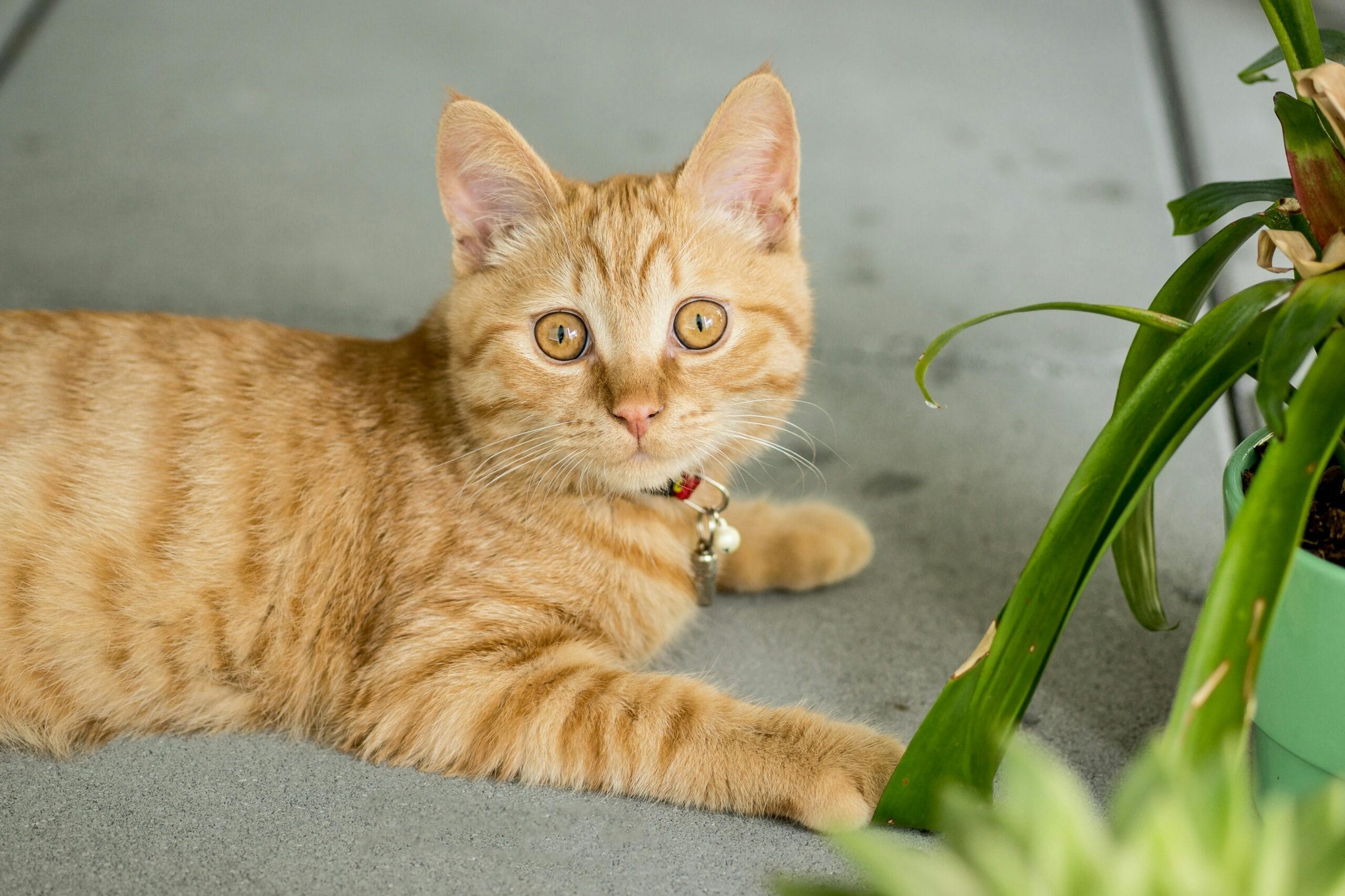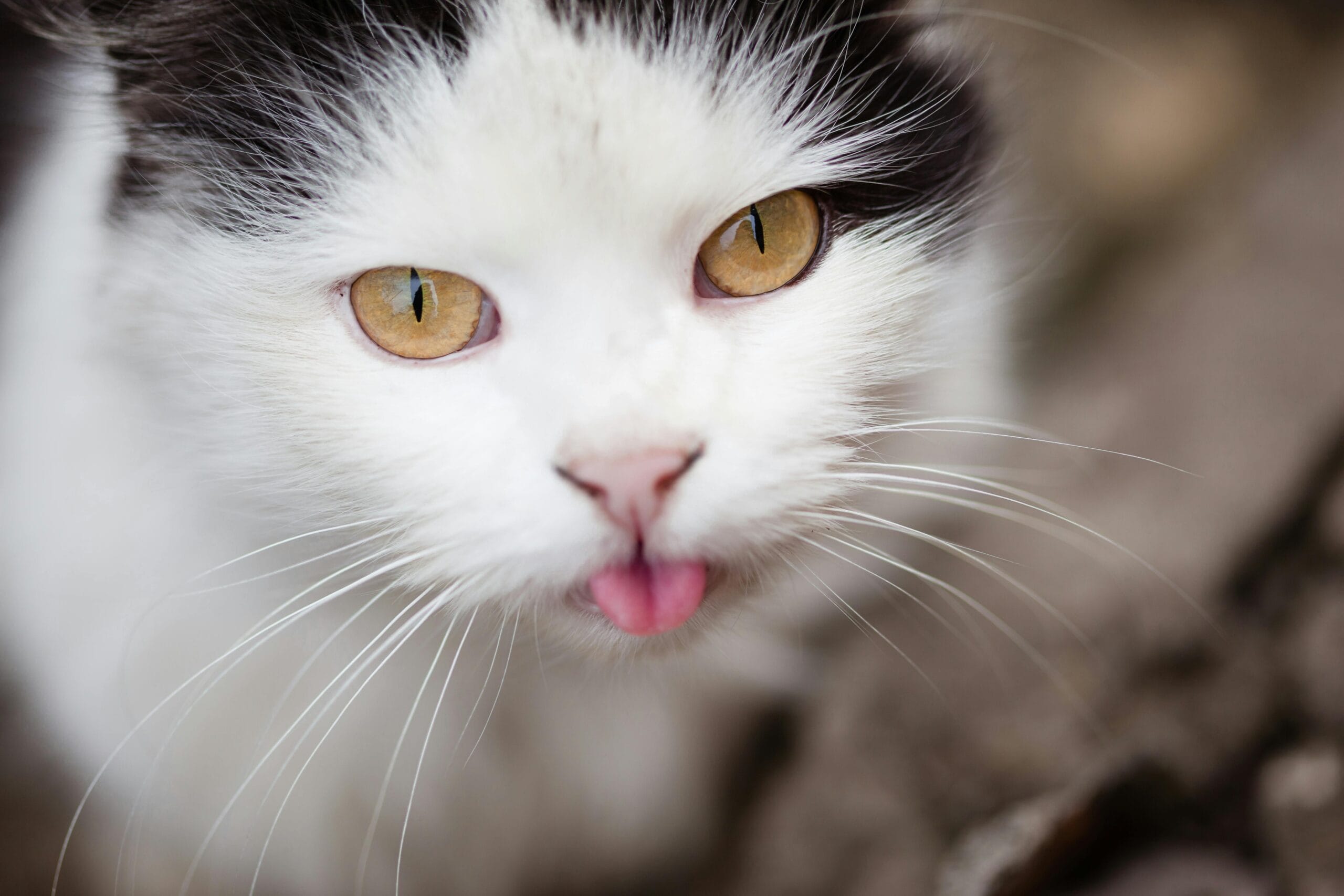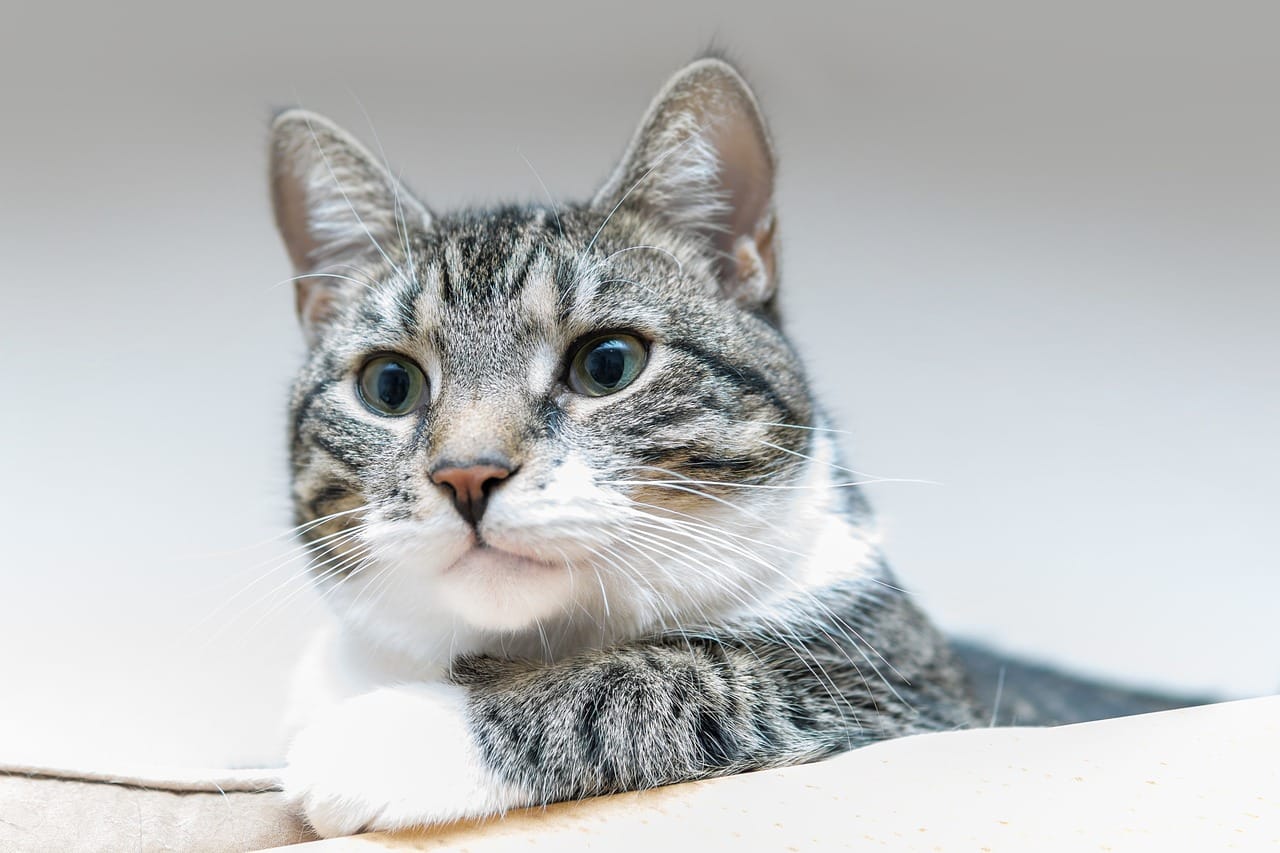Can Kittens Drink Water ?

Can Kittens Drink Water? Learn about essential Kitten Hydration and the importance of Water for Kittens. Discover crucial tips for keeping your little one healthy and happy! Read now!
Can Kittens Drink Water? A Comprehensive Guide to Kitten Hydration
The simple answer is a resounding yes! Kittens absolutely need to drink water to survive and thrive. Just like adult cats, kittens require regular water intake for essential bodily functions. Understanding kitten hydration is crucial for responsible cat ownership. This comprehensive guide will delve into all aspects of water consumption for your tiny feline friend, addressing common concerns and providing practical tips to ensure your kitten stays properly hydrated.
**The Importance of Water for Kittens**
Water plays a vital role in numerous bodily functions for kittens, including:
- Regulation of body temperature: Kittens, especially young ones, are susceptible to overheating. Water helps regulate their internal temperature, preventing dangerous heatstroke.
- Nutrient absorption: Water is essential for the proper digestion and absorption of nutrients from food. Dehydration can hinder nutrient uptake, impacting their growth and development.
- Kidney function: The kidneys rely heavily on water to filter waste products from the blood. Insufficient water intake can lead to kidney problems and other serious health complications.
- Transportation of oxygen and nutrients: Water acts as a carrier for oxygen and essential nutrients, ensuring they reach all parts of the kitten’s body.
- Waste removal: Water is crucial for flushing out toxins and waste products through urine and feces. Dehydration can lead to constipation and urinary tract infections.
**Signs of Dehydration in Kittens**
Recognizing the signs of dehydration is critical for timely intervention. If you notice any of the following symptoms in your kitten, seek veterinary attention immediately:
- Sunken eyes
- Dry gums and mouth
- Loss of skin elasticity (skin tenting)
- Lethargy and weakness
- Decreased urination
- Loss of appetite
Dehydration in kittens can quickly become a life-threatening emergency. Early detection and prompt treatment are vital.
**How Much Water Should a Kitten Drink?**
The amount of water a kitten needs varies depending on factors such as age, size, activity level, and diet. Generally, kittens require around 2-4 ounces of water per pound of body weight each day. However, this is just a guideline. Observing your kitten’s water intake and urine output is crucial. If your kitten seems excessively thirsty or its urine is concentrated (dark yellow), it may be dehydrated.
**Providing Fresh Water for Your Kitten**
Always provide your kitten with access to a clean, fresh water supply. Ideally, offer multiple water sources in different locations around the house. Use a shallow, wide bowl to prevent whiskers from brushing against the sides, which can be uncomfortable for kittens. Some kittens also prefer drinking from a flowing water source. Fountains are a great way to encourage them to drink more.
Change the water frequently, ideally at least once or twice a day, to maintain freshness and hygiene. Clean the water bowl regularly to prevent bacterial growth.
**Can Kittens Drink Other Liquids Besides Water?**
While water is the best and most essential liquid for kittens, you should avoid giving them milk (other than their mother’s milk during nursing), juice, soda, or other sugary drinks. These drinks can cause digestive upset, and are nutritionally inadequate for proper development.
Many believe that kittens can drink cow’s milk, but this is often not the case. Cow’s milk contains lactose, which many kittens are intolerant of and can cause diarrhoea. This can lead to further dehydration, worsening the situation.
**Encouraging Your Kitten to Drink Water**
Some kittens are naturally picky drinkers. Here are some tips to encourage your kitten to drink enough water:
- Offer different types of water bowls: Experiment with different bowls, such as ceramic, stainless steel, or even a fountain, to see which your kitten prefers.
- Place water bowls in multiple locations: Strategically place water bowls in different areas where your kitten spends the most time.
- Add a little kitten-safe broth or tuna juice (in moderation): A small amount of flavor enhancer might make the water more appealing. Always ensure it’s diluted significantly and avoids excessive salt content.
- Use a water fountain: The running water of a fountain often attracts kittens and encourages them to drink more.
- Monitor water intake: Keep an eye on how much your kitten is drinking. If you are concerned, contact your veterinarian.
**The Role of Diet in Kitten Hydration**
Your kitten’s diet also plays a significant role in its hydration. Wet food, which has a higher moisture content than dry kibble, can contribute significantly to their daily fluid intake. While dry food is convenient, incorporating a greater proportion of wet food, particularly for kittens, is often beneficial for their hydration. This is especially relevant to those kittens that are reluctant drinkers. Always consult your vet on the ideal food balance for your kitten’s specific needs.
**When to Seek Veterinary Attention Regarding Kitten Hydration**
If you are concerned about your kitten’s hydration status, it’s crucial to seek veterinary attention promptly. Dehydration can quickly escalate into a serious health problem. Your vet can perform a physical exam and assess your kitten’s overall health, and advise on ways to improve your kitten’s water intake. They can also determine the cause of dehydration and recommend the appropriate treatment. The American Veterinary Medical Association provides excellent resources about feline care.
Early intervention is key. Don’t hesitate to contact your veterinarian if you observe any signs of dehydration in your kitten, or if you have any concerns about its water intake. Regular veterinary check-ups are vital for monitoring your kitten’s health and identifying potential issues early on.
**Understanding Wet Food and Water for Kittens**
Many cat owners wonder if wet food replaces the need for fresh water. While wet food contributes to a kitten’s hydration, it does not entirely replace the need for drinking water. Wet food contains moisture, but it doesn’t provide the full amount of water required for essential bodily functions. Providing access to a consistent water source remains paramount to ensure adequate Water for Kittens.
Remember that some kittens might consume more wet food and need less water, while others may need more water supplementation. Regular monitoring is essential to identify any hydration changes. It’s also crucial to understand that the high moisture content in wet food might lead to more frequent urination.
**Kitten Hydration Myths Debunked**
Several myths surround kitten hydration. Let’s address some common misconceptions:
- Myth: Kittens don’t need to drink much water because they get enough from their food. Fact: This is not true, especially for kittens eating dry kibble. Water is essential for several critical bodily functions, even with wet food.
- Myth: Milk is a good alternative to water. Fact: Cow’s milk and other types of milk can be problematic for kittens, often leading to digestive issues.
- Myth: If my kitten seems fine, it’s adequately hydrated. Fact: Dehydration symptoms may not always be immediately apparent. Regularly monitor your kitten for signs of dehydration and consult a vet if you have any concerns.
Staying informed and observant is vital in ensuring your kitten remains adequately hydrated. The ASPCA provides valuable information on cat care, including hydration.
Conclusion: Ensuring Your Kitten’s Hydration
Proper Kitten Hydration is not just essential; it’s crucial for your kitten’s health and well-being. By providing access to clean, fresh water, monitoring their intake, and addressing any concerns promptly, you can ensure your furry companion stays happy, healthy, and hydrated. Remember, a healthy, well-hydrated kitten is a happy kitten!
We hope this article has provided comprehensive answers to your questions regarding “Can Kittens Drink Water?” and clarified the importance of adequate hydration for your kitten’s overall health.
Call to Action
Have you had any experiences with ensuring your kitten stays well-hydrated? Share your tips and tricks in the comments below! Let’s build a community of cat lovers dedicated to optimal Kitten Hydration. What strategies have you found most successful in encouraging your kitten to drink enough water? We’d love to hear from you!

10 FAQs: Can Kittens Drink Water?
1. Can kittens drink water?
Yes, kittens absolutely need to drink water. Water is crucial for Kitten Hydration and overall health. Dehydration can be very dangerous for young kittens.
2. How much water should a kitten drink?
The amount varies depending on the kitten’s age, size, activity level, and diet (wet vs. dry food). A good rule of thumb is to ensure fresh, clean Water for Kittens is always available. Observe your kitten; if they seem thirsty or their urine is concentrated, they may need more. Consult your vet if you’re unsure.
3. What kind of water is best for kittens?
Fresh, clean, and cool tap water is generally fine. Avoid giving kittens distilled water as it lacks essential minerals. Bottled spring water is acceptable, but tap water is usually sufficient for Kitten Hydration.
4. Can kittens drink milk besides water?
While kitten milk replacer is essential for orphaned kittens, cow’s milk should be avoided as it can cause diarrhea. Water for Kittens should always be their primary drink.
5. My kitten won’t drink water, what should I do?
Try different bowls (ceramic, stainless steel), locations (multiple spots around the house), and even water fountains. If your kitten is still refusing water, consult your vet, as it could indicate an underlying health problem impacting their Kitten Hydration.
6. How can I tell if my kitten is dehydrated?
Signs of dehydration include sunken eyes, dry gums, lethargy, and decreased skin elasticity (skin takes longer to return to its normal position after being pinched). If you suspect dehydration, contact your vet immediately. Proper Water for Kittens is key to preventing this.
7. Can I add anything to my kitten’s water to make it more appealing?
Avoid adding anything to their water without your vet’s advice. Some things can be harmful. Focusing on providing fresh, clean Water for Kittens in a variety of ways is usually sufficient.
8. Is it okay to give my kitten ice cubes?
Small ice cubes can be a fun way to keep your kitten hydrated, especially on hot days. However, always supervise your kitten to prevent choking. Ensure they also have access to regular Water for Kittens.
9. My kitten drinks a lot of water. Is this normal?
Increased water intake can be normal, especially if your kitten eats mostly dry food. However, excessive thirst could also indicate a medical condition. Consult your vet to rule out any underlying issues impacting Kitten Hydration.
10. How important is water for a kitten’s health?
Water is vital for Kitten Hydration and is crucial for all bodily functions. Adequate water intake ensures proper digestion, nutrient absorption, temperature regulation, and overall well-being. Ensuring access to fresh, clean Water for Kittens is paramount to their health.

Can Kittens Drink Water? Essential Hydration Tips for Your Tiny Friend
Yes, kittens absolutely need to drink water! Dehydration is a serious threat to their health, so ensuring access to fresh, clean water is crucial for their well-being. This guide provides practical tips and health considerations for keeping your kitten properly hydrated.
Practical Tips for Keeping Kittens Hydrated
- Multiple Water Sources: Offer several water bowls in different locations. Kittens may prefer to drink from specific bowls or areas.
- Fresh Water Daily: Change the water at least once a day, or more frequently in warmer weather or if the bowl becomes dirty.
- Clean Bowls: Wash water bowls daily with soap and water to prevent bacterial growth.
- Different Bowl Types: Experiment with different bowl materials and shapes. Some kittens prefer ceramic, while others might favor stainless steel or plastic.
- Water Fountains: Consider a pet water fountain. The running water can be more appealing to some kittens, encouraging them to drink more.
- Location, Location, Location: Place water bowls away from food and litter boxes to avoid contamination and encourage drinking.
- Monitor Water Intake: Pay attention to your kitten’s water consumption. Decreased intake can be a sign of illness.
Health Considerations and When to Worry
Dehydration can lead to serious health problems in kittens. Seek veterinary attention immediately if you notice any of the following:
- Lethargy or weakness
- Sunken eyes
- Dry gums and mouth
- Loss of appetite
- Vomiting or diarrhea
- Decreased urination
Note: Kittens may also get hydration from wet food. However, this shouldn’t replace access to fresh water. Wet food contributes to overall hydration but shouldn’t be the sole source.
1 thought on “Can Kittens Drink Water ?”